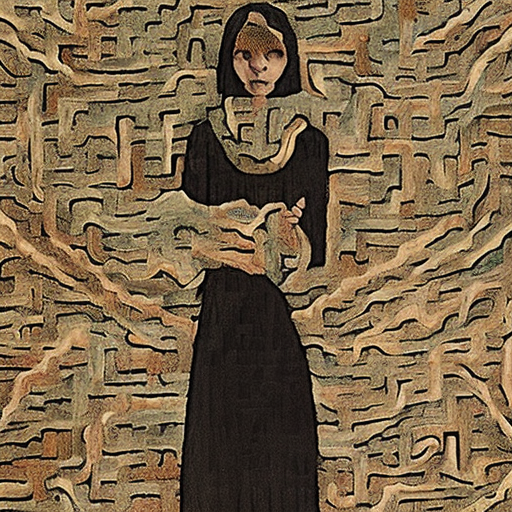The Second Mother by Anna Muylaert
Summary: The Second Mother is a thought-provoking Brazilian drama directed by Anna Muylaert. The film explores the complex dynamics of class and family through the story of Val, a live-in housekeeper who has dedicated her life to raising the son of her employers. When her estranged daughter comes to stay with them, the household’s carefully constructed social order is disrupted, leading to a series of revelations and confrontations that challenge the status quo.
Main Cast and Crew:
- Director: Anna Muylaert
- Writer: Anna Muylaert
- Key Actors: Regina Casé as Val, Camila Márdila as Jéssica, Karine Teles as Bárbara, Lourenço Mutarelli as Carlos, Michel Joelsas as Fabinho
- Music Director: Fábio Trummer
- Director of Photography: Bárbara Alvarez
- Producers: Caio Gullane, Fabiano Gullane, Débora Ivanov, Anna Muylaert
Plot:
Val, a dedicated live-in housekeeper, has spent years caring for Fabinho, the son of her wealthy employers, Bárbara and Carlos. Val’s own daughter, Jéssica, has been left behind in the countryside while she works in São Paulo. However, when Jéssica decides to come to the city to study for her university entrance exams, she disrupts the carefully maintained social order of the household.
As Jéssica settles into the house, her presence challenges the established hierarchy. She refuses to conform to the expected subservient role, leading to tension and resentment from Bárbara, who feels threatened by Jéssica’s intelligence and independence. Val, torn between her loyalty to her employers and her desire to support her daughter, finds herself caught in the middle.
The film delves into the complexities of class and the power dynamics within a household. It explores the sacrifices Val has made for her employers and the emotional toll it has taken on her relationship with Jéssica. The clash between the two women exposes the underlying prejudices and inequalities that exist within Brazilian society.
Themes and Motifs:
The Second Mother tackles themes of social class, motherhood, and personal identity. It highlights the sacrifices made by domestic workers and the blurred boundaries between employer and employee. The film also explores the impact of societal expectations on women and the struggle for self-realization.
Motifs of confinement and liberation are prevalent throughout the movie. Val is confined to her role as a housekeeper, while Jéssica seeks liberation from societal constraints. The film also examines the power dynamics between mothers and daughters, as well as the complexities of love and loyalty.
Reception and Legacy:
Upon its release, The Second Mother received critical acclaim and was praised for its nuanced exploration of class dynamics. The film won numerous awards, including the Special Jury Prize at the Sundance Film Festival and the Audience Award at the Berlin International Film Festival. Regina Casé’s performance as Val was particularly lauded, earning her a nomination for the Best Actress award at the Cannes Film Festival.
The Second Mother has had a lasting impact on Brazilian cinema, sparking conversations about social inequality and the treatment of domestic workers. It has been recognized as a significant contribution to the portrayal of working-class characters on screen.
Recommendation:
The Second Mother is a compelling and thought-provoking film that offers a poignant exploration of class, family, and personal identity. It is a must-watch for those interested in thought-provoking dramas that delve into complex social issues. The performances, particularly by Regina Casé and Camila Márdila, are exceptional and bring depth to their respective characters.
Memorable Quote:
“Sometimes, it’s better to be a good servant than a bad lady.” – Val












